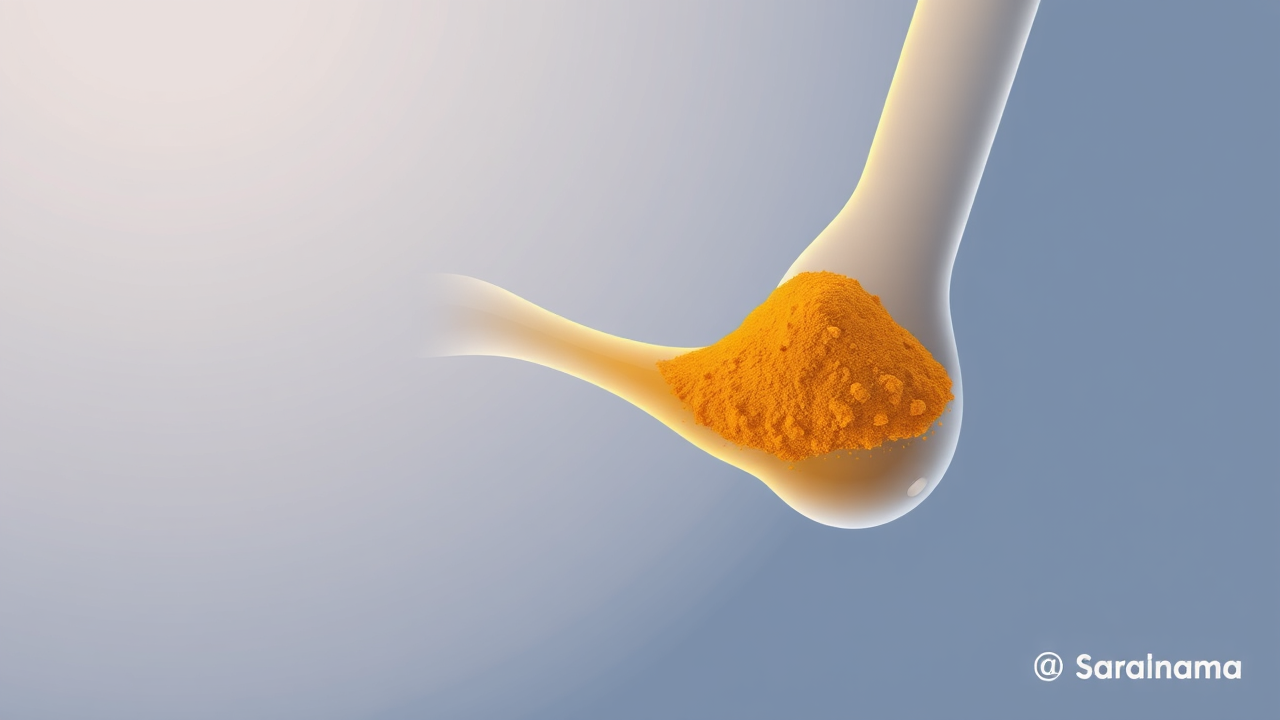Many people wonder if turmeric can truly protect knee cartilage and prevent joint pain, especially after seeing numerous social media claims. Orthopaedic experts clarify that while turmeric, particularly its active compound curcumin, offers anti-inflammatory and antioxidant benefits, it cannot regenerate or repair damaged cartilage. Instead, it helps reduce inflammation in joints, which is often the main cause of pain and stiffness in conditions like osteoarthritis. When combined with healthy lifestyle habits, turmeric may slow further cartilage degeneration and ease discomfort. However, it should not be viewed as a magic solution. Real knee health after 40 depends on regular movement, muscle strength, proper hydration, and maintaining a healthy weight. Experts recommend incorporating turmeric as part of a broader approach that includes low-impact exercise, an anti-inflammatory diet, and strength training for long-term joint health and pain-free mobility.

Everyday Steps to Protect Knee Cartilage
Orthopaedic consultant Dr Sarang Deshpande from KIMS Hospitals, Thane, advises maintaining a healthy weight, as extra kilos place tremendous stress on knees. He recommends engaging in low-impact exercises such as cycling, swimming, or brisk walking. An anti-inflammatory diet rich in omega-3s, vitamin D, and calcium is essential. Adding turmeric or moringa to meals can provide a natural boost, but consistency matters more than quantity. Turmeric works by inhibiting inflammatory pathways, similar to pain-relieving medications. Cartilage relies on fluid movement, so staying active and hydrated keeps synovial fluid healthy. Strength training supports the knees and reduces cartilage load. Combining turmeric with exercise, good posture, hydration, and strength training creates the real recipe for youthful, pain-free knees.
Source: Link
